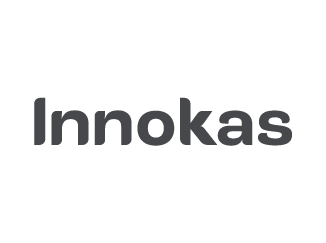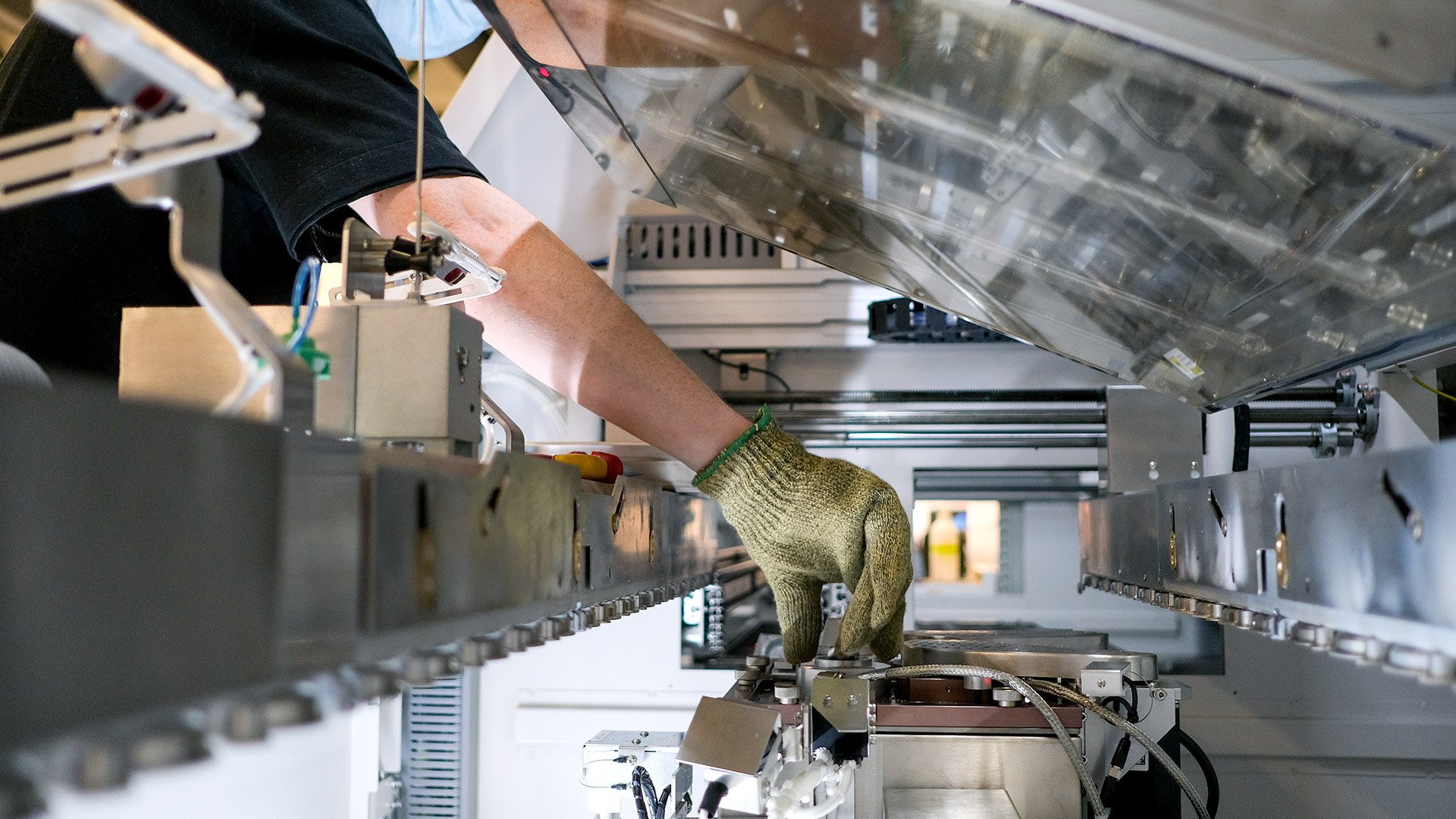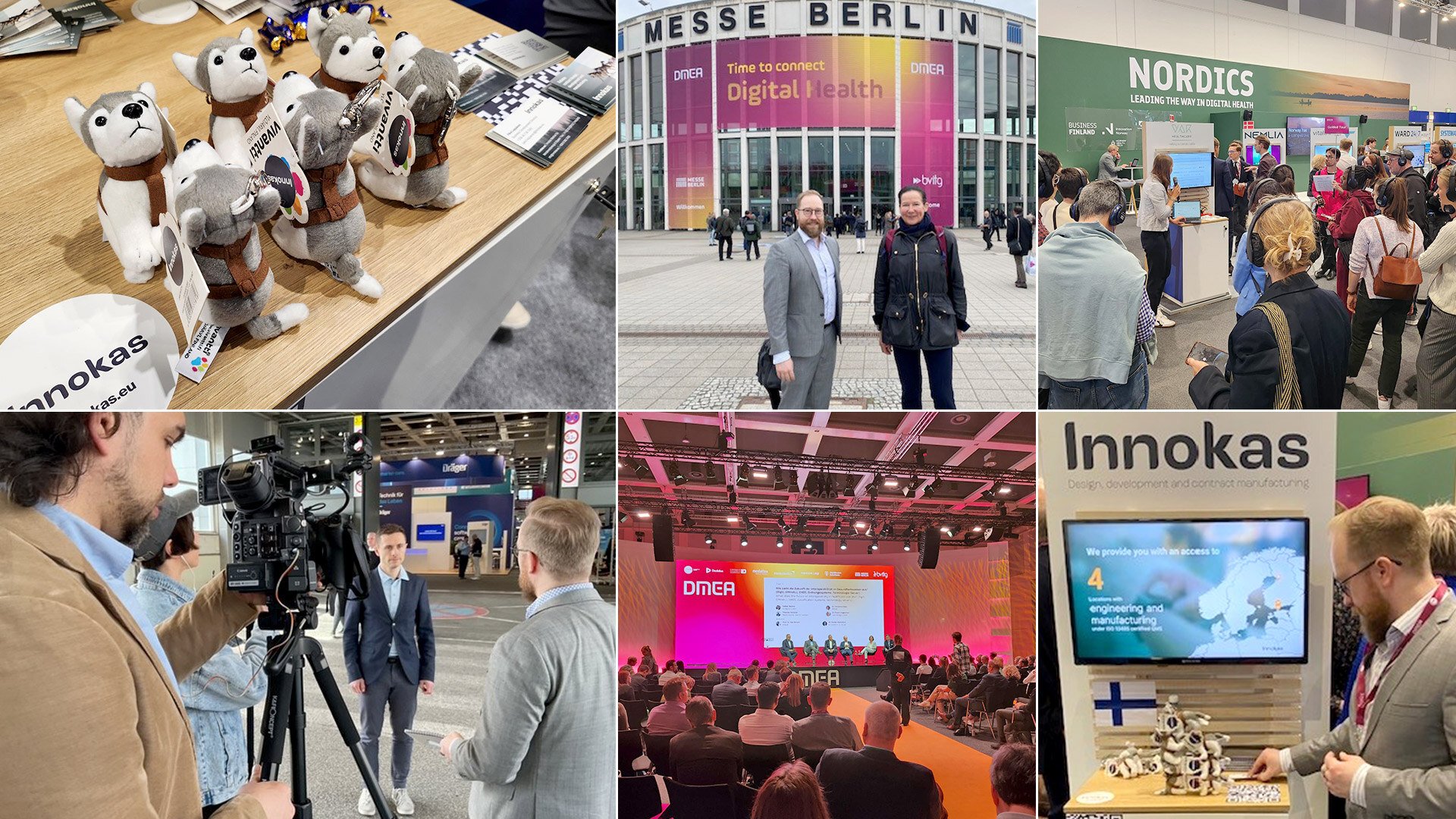Moving production from one factory to another is a complex process that requires careful planning and execution. A new, competent manufacturing partner should ensure that the transfer goes as effortlessly as possible, even when the product undergoes changes during the transfer. In this article, Innokas experts will discuss the most common challenges encountered during the transfer of production, how to solve them, and how to maintain high quality and efficiency of production throughout the transfer process.
What are the most common challenges and solutions in production transfer?
"Inadequate product documentation, previous production problems, and communication challenges are the most common pitfalls of production transfer," says Project Manager Pasi Komulainen. "Clear product documents are key to avoiding the need for additional resources to finalize them," he adds. The new partner's product development team will support this, if necessary, in case the production transfer customer does not have the required expertise available. It is useful to pinpoint and solve previous production problems in consideration of the new partner’s production requirements.
"Often, the reason for transferring production from one manufacturer to another involves factors other than manufacturing cost," says NPI project manager Satu Sarpola. "These may include communication challenges, resistance towards change, the provision of support (e.g., R&D), regulatory and quality expertise, as well as geographical issues," she continues. To address these challenges, a new manufacturing partner must have the ability to understand the customer's individual needs and offer flexible and efficient solutions.
How to ensure quality and efficiency during production transfer?
The partner's approach to quality is based on individual responsibility. For example, at Innokas, everyone is primarily responsible for quality. Additionally, the support of the in-house quality and regulation team is of great importance. Production feedback (DfX-report) is created for each production transfer series, in which not only the customer's design-related challenges but also the partner's own mistakes are honestly recorded, allowing for continuous improvement.
To ensure transparency at Innokas, the work is recorded and justified in the ERP system, and the customer receives monthly timesheets for approval. During projects, the emphasis is on refining activities. Projects are scheduled on a weekly basis, with the most hectic phases reviewed daily. The schedule is reviewed together with the customer and the production transfer team in weekly meetings. It is also beneficial to discuss other production transfer situations and open questions. For example, Innokas uses the Teams platform for daily communication between the customer and the team, allowing everyone to participate and comment on the discussions in real time, if they wish.
What logistical and scheduling problems can occur?
When the partner has reliable and proven couriers, there shouldn’t be any logistical problems related to deliveries. Project scheduling challenges are often related to the availability of components and materials, as well as fluctuations in delivery times, which can result in schedules shifting. The problems with the availability of components and materials stem from limited production capacity in relation to demand. When there is a shortage of components and materials in the market, delivery times become longer, and manufacturers and suppliers may end up prioritizing deliveries according to their own criteria. Similarly, the efficient implementation of material procurements can be a scheduling challenge. To avoid problems, the components and materials to be purchased shoud be defined as precisely as possible in the first phase. If the product's parts lists are mature enough, it can be assumed that the first procurement will proceed efficiently.
A competent manufacturing partner provides basis for success in the transfer of production
The flexibility and expertise of the manufacturing partner are at the heart of the success of the production transfer. Innokas' background as a manufacturer of medical devices has established compliant processes that guarantee a carefully documented and systematic transfer of production that serves the customer. The customer does not have to worry about the evidence required in audits or whether the product is manufactured in a reproducible manner. The quality remains consistent throughout the product's life cycle. At the end of the life cycle, the shutdown of production is also controlled and efficient, with compliant documents helping in the change of production site, if necessary.
Our principle is that learning never ends; there is always room for improvement. Despite the processes used, even projects from the same customer may not be similar at all. We critically examine our own work and are constantly looking for areas to develop and improve. Changes to processes are reviewed together with all relevant personnel, and before any process change, the quality department always ensures compliance. Contact us if relocating production is relevant to you, let's see what we can do for you.
Interviewees

Satu Sarpola
NPI project manager

Pasi Komulainen
Project manager










